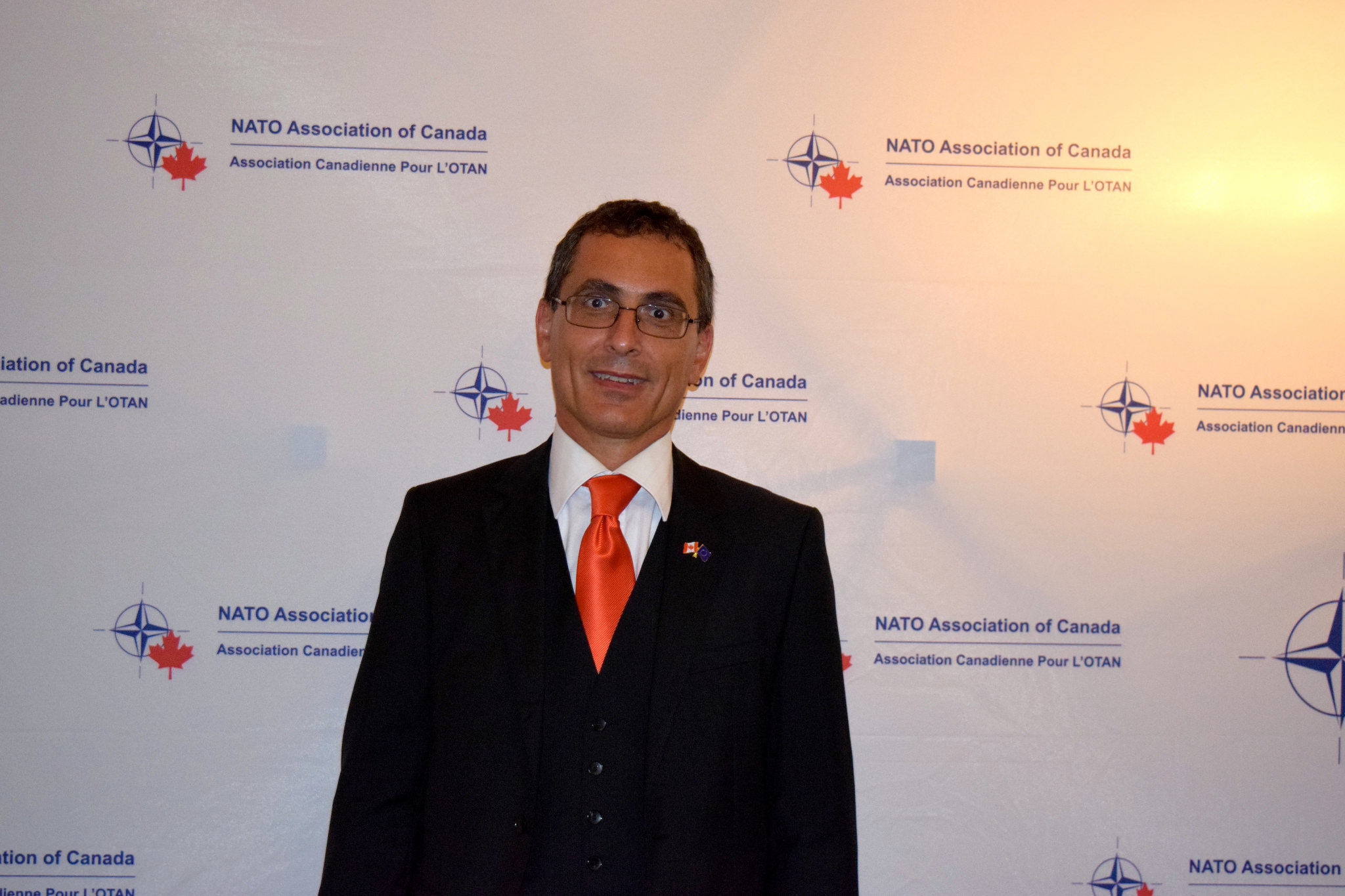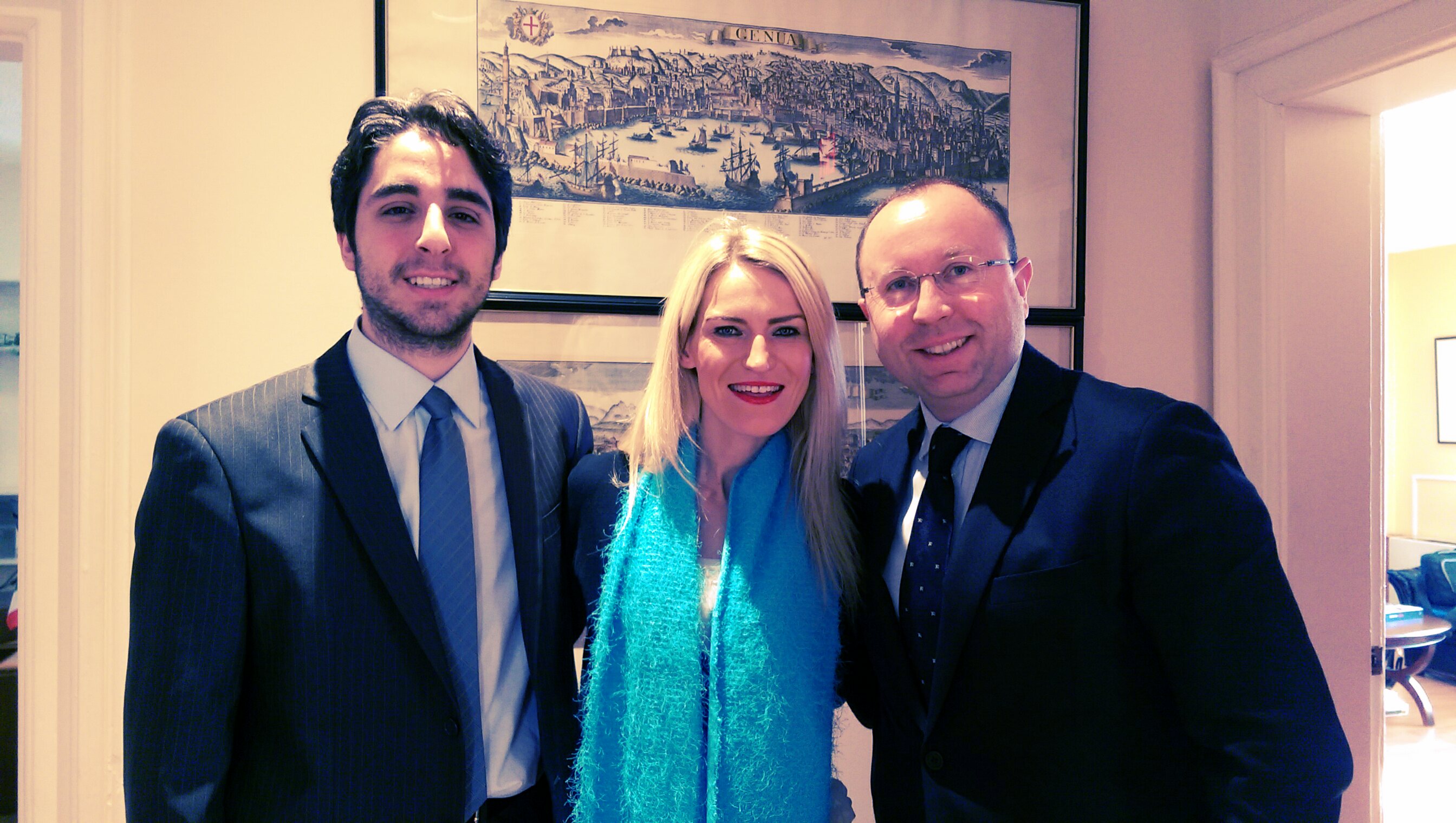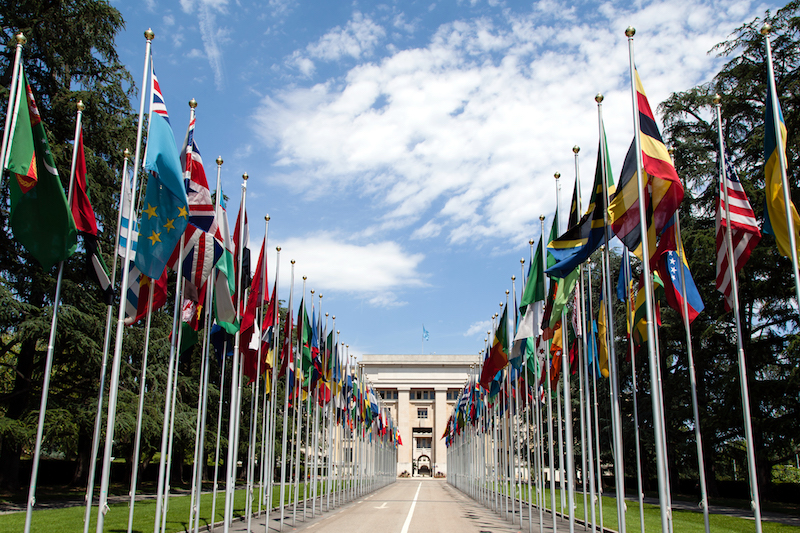Large projects, from a gold mine implemented by a private company or a solar farm implemented by a development organization, have the potential to cause conflict by exacerbating the grievances of a given local population. Previously, lengthy judicial processes in countries foreign to the grievance claimant were the main process of resolution for such conflicts. During this interview, Dr. Lalanath de Silva, Head of the Green Climate Fund’s Independent Redress Mechanism, elaborates on a development that improves the conflict resolution process: the non-judicial grievance mechanism. Dr. de Silva explains how these mechanisms allow for the affected individual(s) to seek compensation for disruptions in an effective and impartial way while detailing the potential utility of such a mechanism in other sectors.
Dr. Lalanath de Silva is the Head of the Green Climate Fund’s Independent Redress Mechanism. Formerly the Director of the Environmental Democracy Practice at the World Resources Institute (WRI), he has been a practicing lawyer for over 30 years. He also previously worked at the Environmental Claims Unit of the UN Compensation Commission in Geneva, mandated to process claims and pay compensation for losses and damage suffered as a direct result of Iraq’s 1990–1991 invasion and occupation of Kuwait. He holds a Ph.D. from the University of Sydney, a Master of Laws from the University of Washington, and graduated from the Sri Lanka Law College as an Attorney-at-Law.
Disclaimer: Any views or opinions expressed in articles are solely those of the authors and do not necessarily represent the views of the NATO Association of Canada.




